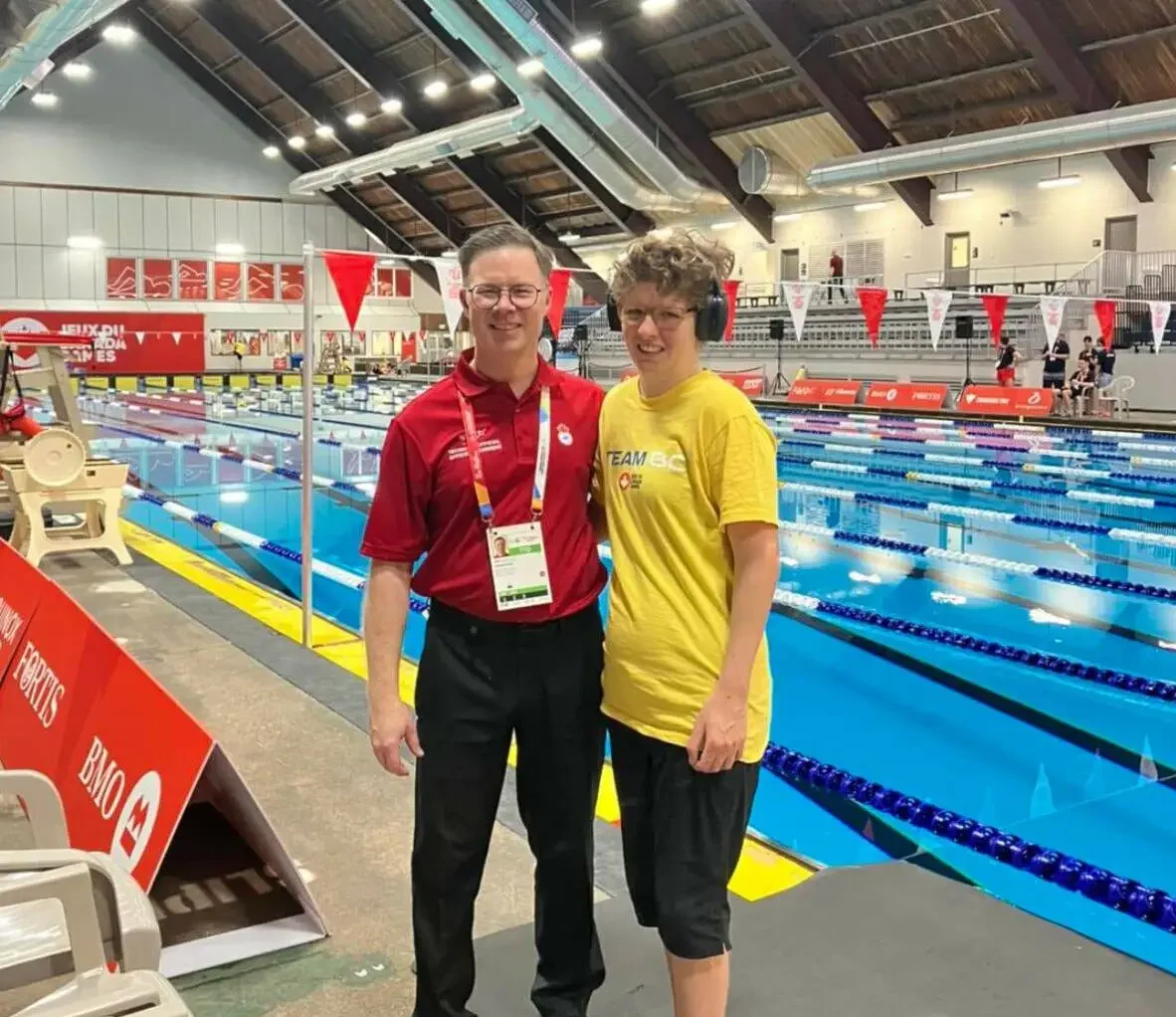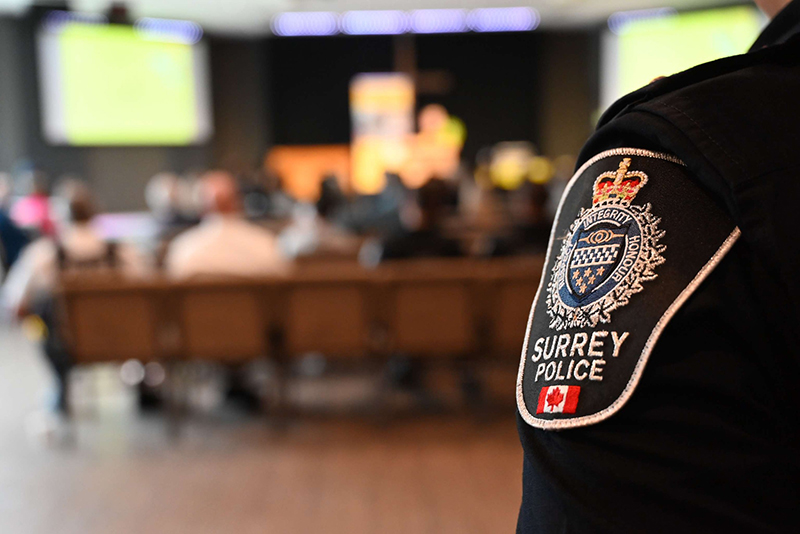Surrey Police Plans $12.2M Tech Upgrade with Axon
Body cameras, drones, digital notebooks, and VR training gear included in 5-year proposal
Surrey Police Service is moving toward a major technological leap, proposing a $12.2 million contract over five years with Axon Inc., the U.S.-based provider of policing technology. The aim? To outfit officers with state-of-the-art tools like body-worn cameras, drones, and digital evidence systems—averaging $2.4 million per year.
The Surrey Police Board, however, has deferred the decision to its finance committee, as the chief lacks the authority to greenlight such a large contract. A final call is expected during the board’s next meeting on September 11.
What’s in the Axon Ecosystem?
Deputy Chief Todd Matsumoto emphasized Axon’s global footprint, calling it “the gold standard” for law enforcement. The proposed subscription-based model includes both hardware and software, with the bulk of costs driven by secure cloud storage of high-definition video evidence.
“Just one officer recording a full shift generates hours of HD footage—that adds up quickly,” said Matsumoto. The data would be stored in a cloud environment, enabling fast, secure evidence transfers to Crown counsel—replacing outdated DVDs and USB drives.
Devices That Power Accountability
Here’s what Surrey Police hopes to acquire through the deal:
- 350 body-worn cameras
- 200 Taser T10 devices
- 50 fleet-mounted cameras with license plate readers
- 12 drones with remote piloting systems
- 4 pole-mounted surveillance cameras
- 29 interview room cameras
- 14 cell block cameras
- 1 subscription to Fusus (cybersecurity platform)
- 850 digital evidence system users
- 550 licenses for Investigate Pro
- 1 Axon VR training system
- 500 officer digital notebooks
The initiative also includes upgrades to internal video systems for holding cells, interview rooms, and impaired driving units—reinforcing transparency and public trust.
Compatibility with Crown Is a Work in Progress
While digital integration with Crown counsel has been bumpy, Matsumoto said progress is being made. Currently, some departments still submit evidence via hard drives or discs due to mismatched tech infrastructure between police and Crown.
“We’re not fully aligned yet, but that’s the goal,” he said. Once integrated, the system will allow seamless electronic submission of evidence from police to prosecutors.
Urgency to Modernize
Board member Rob Stutt stressed the need for urgency, noting how delays in digital evidence sharing can contribute to public frustration around “catch-and-release” scenarios.
“This has been an issue for years,” Stutt said. “If we want successful prosecutions, we need these systems to work together.”
Surrey’s move would put it in line with Vancouver and Delta Police, both of which already use Axon’s technology. If approved, the rollout of body cameras is expected to begin by October—building on the drone program’s soft launch during Vaisakhi celebrations.


























